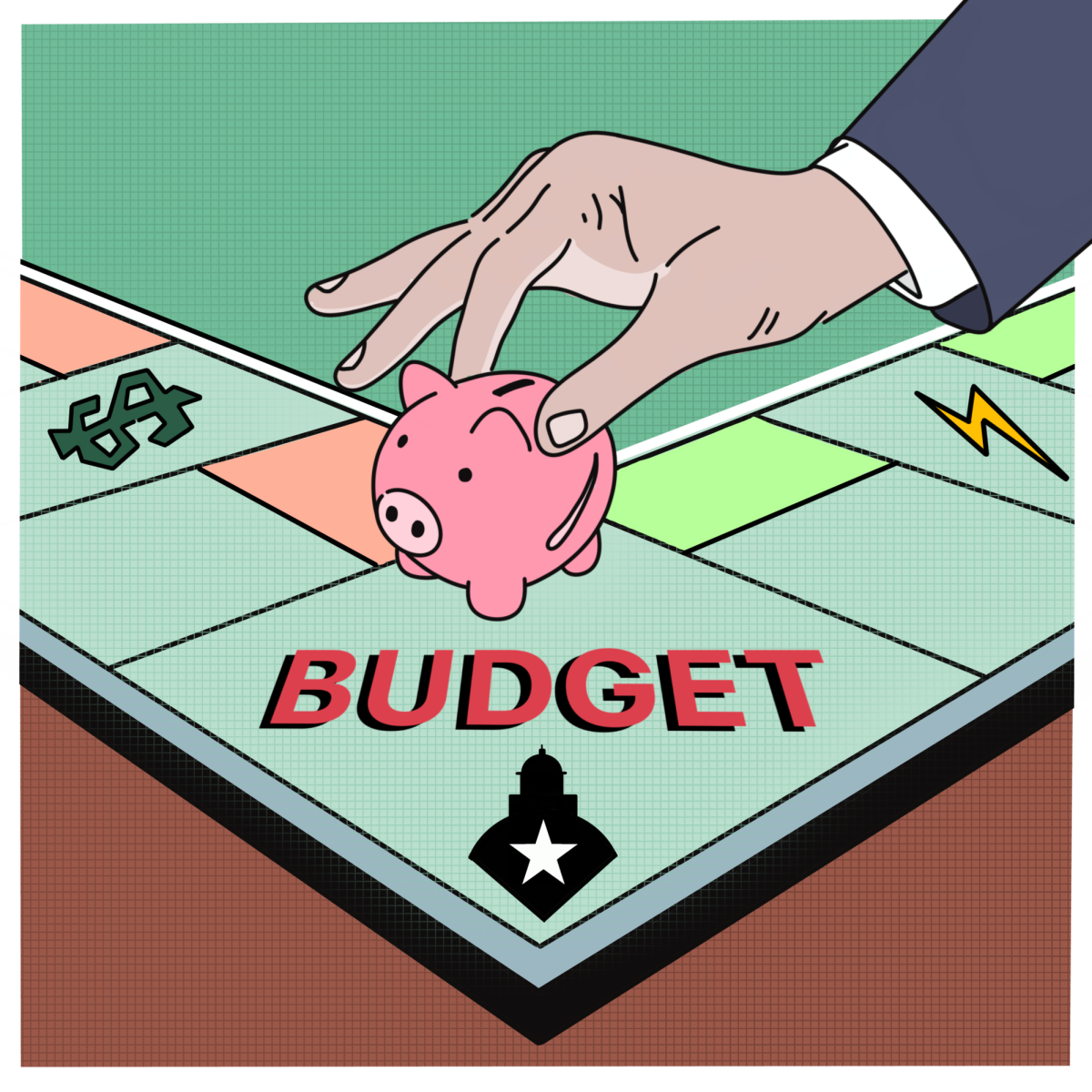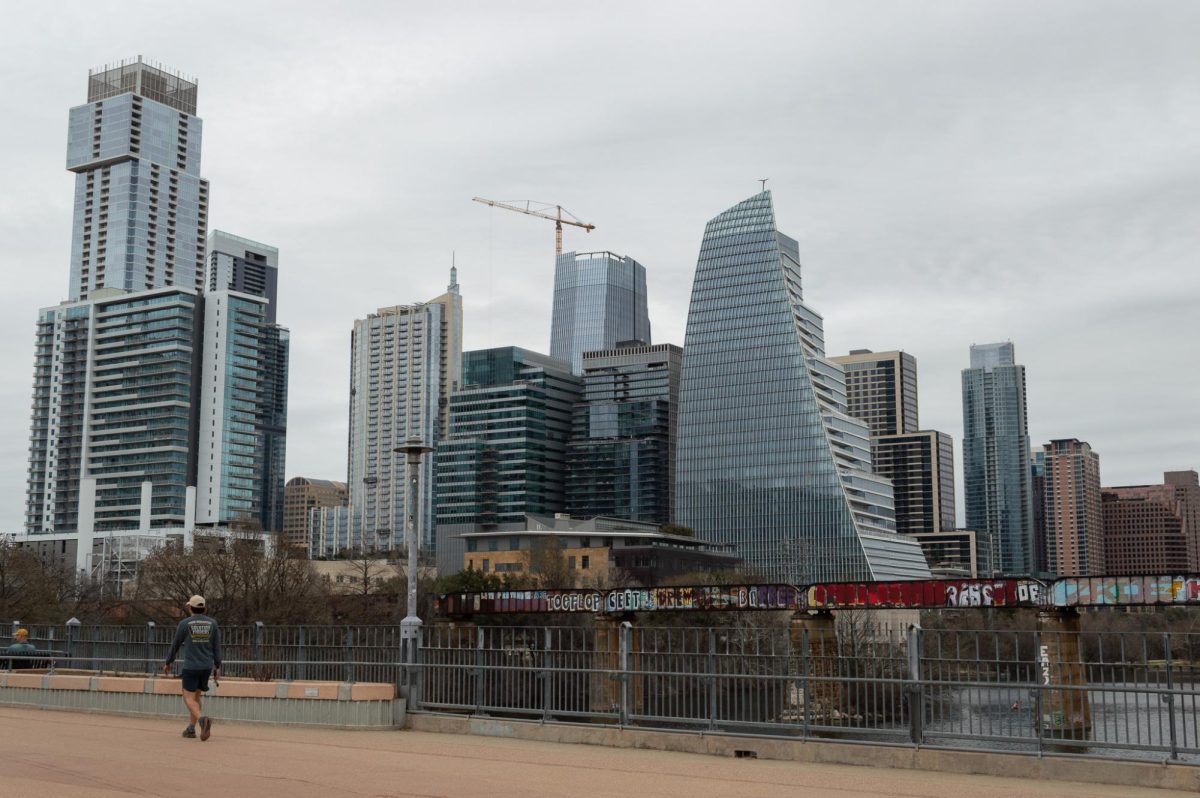The Austin city manager released a
proposed $6.3 billion budget
for the 2025-2026 fiscal year on July 11, managing to potentially avoid the projected multi-million dollar deficit if the budget is approved. Final approval for the budget is expected in August.
Earlier this year, the city projected a $33 million shortfall for the upcoming fiscal year. The council avoided the deficit by cutting programs and funding. District 4 Council Member Chito Vela said the reduction in overtime for firefighters and police officers played a significant part in the council’s decision.
“The city manager has done a really good job of doing those kinds of things, reducing over time,” Vela said. “They’re moves that we’re not going to be able to do again next year.”
In addition to the proposed budget, a five-year financial forecast report outlining anticipated city revenues and expenditures was presented at the July 15 meeting. By 2030, the city is projected to face a $79.9 million deficit, according to the report.
Mayor Pro Tem Vanessa Fuentes said during a
July 15 council meeting
that she believes more cuts are likely in the future.
“What I see and what I believe we have before us is a band-aid budget,” Fuentes said. “A budget that has band-aid solutions.”
Multiple council members expressed concerns that the current budget does not meet the city’s growing needs. Vela said he would like the city to prioritize park maintenance and find solutions to homelessness as part of the upcoming fiscal year.
Within the budget proposal, $1.5 billion is allocated for “general funds,” of which 9.1% will be allotted to parks and recreation if approved, while 0.3% was designated to homeless strategies and operations. District 8 Council Member Paige Ellis, who campaigns strongly for Austin parks, said the city always needs more money to keep up with its maintenance.
“I really want to make sure that the departments that I work with the most have what they need,” Ellis said. “When a city stops maintaining some of the recreation centers that it has, that’s going to be a problem for me and for my constituents.”
Vela said he believes the city will need to move toward a tax rate election to keep up with costs after federal funding cuts to meet the growing needs of the city. State law requires cities and municipal governments to hold tax rate elections when attempting to raise taxes by more than 3.5%.
“The tax increase that the city will be going to the voters for is going to stay here within the city and go toward critical areas like addressing homelessness, maintaining our parks and investing in the city and its services,” Vela said. “The voters will approve that.”











